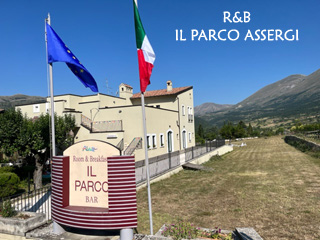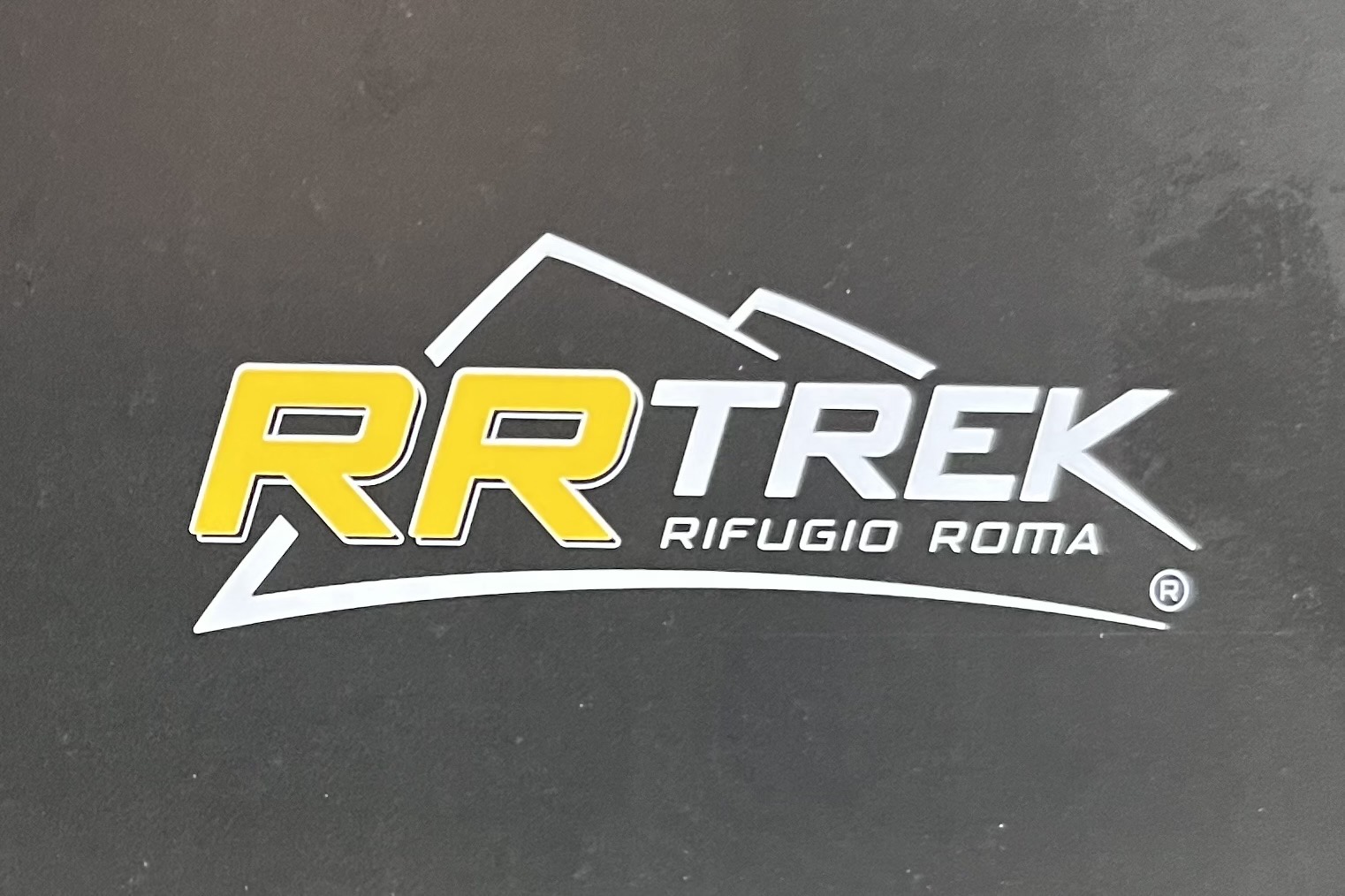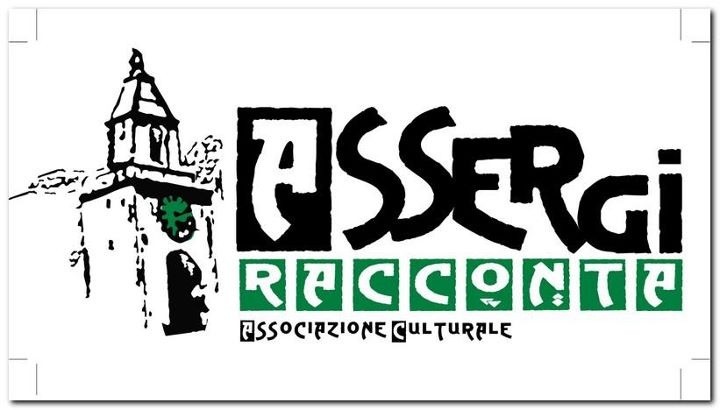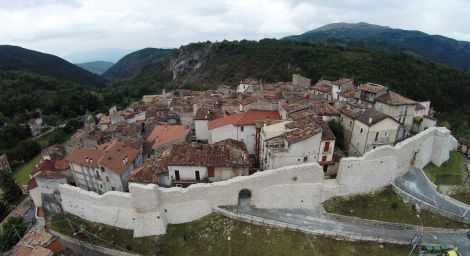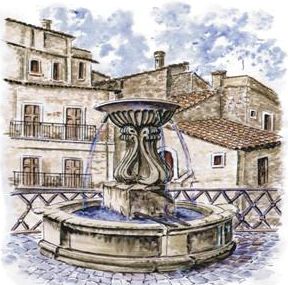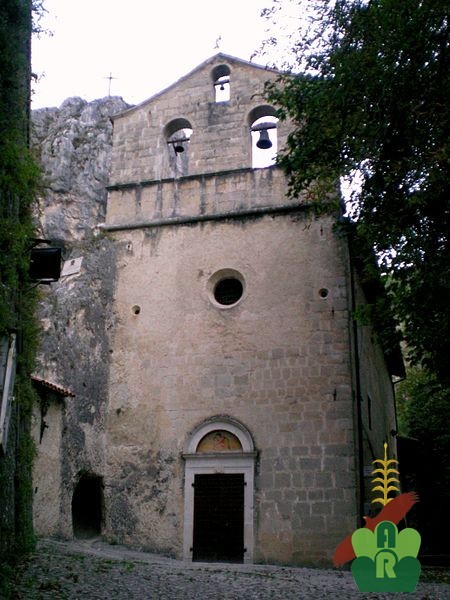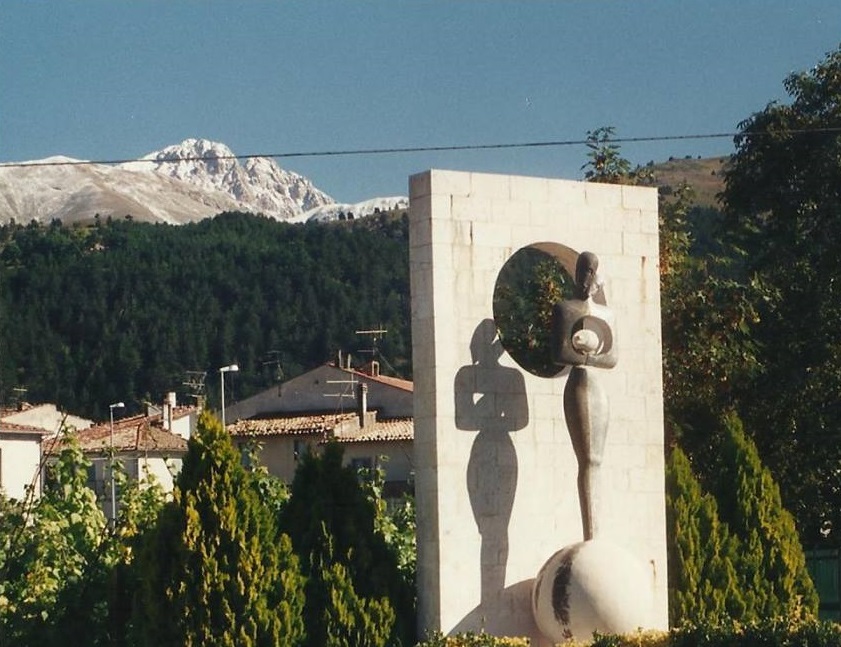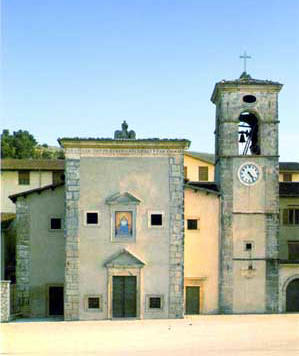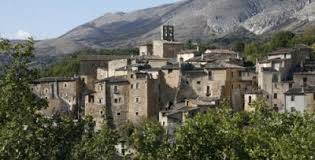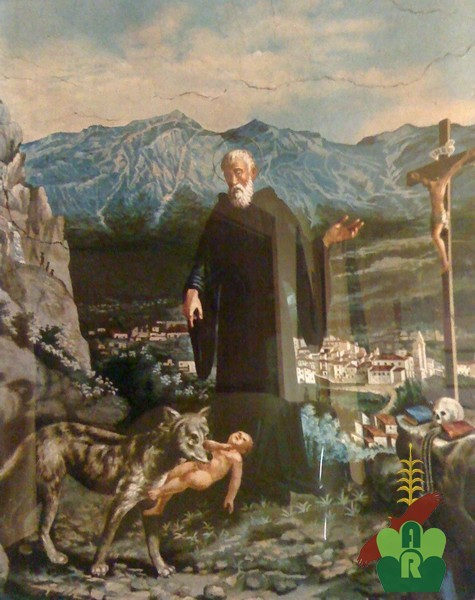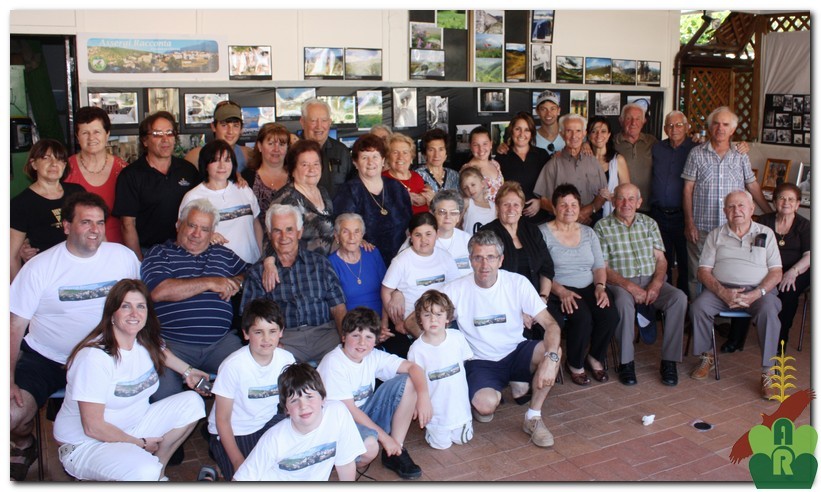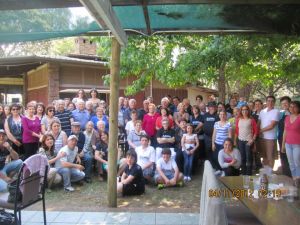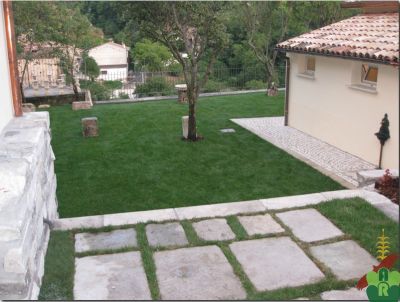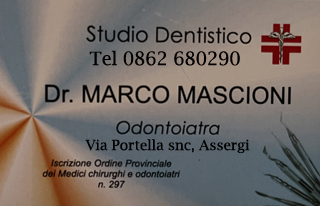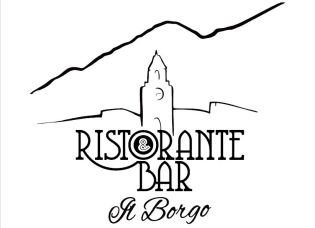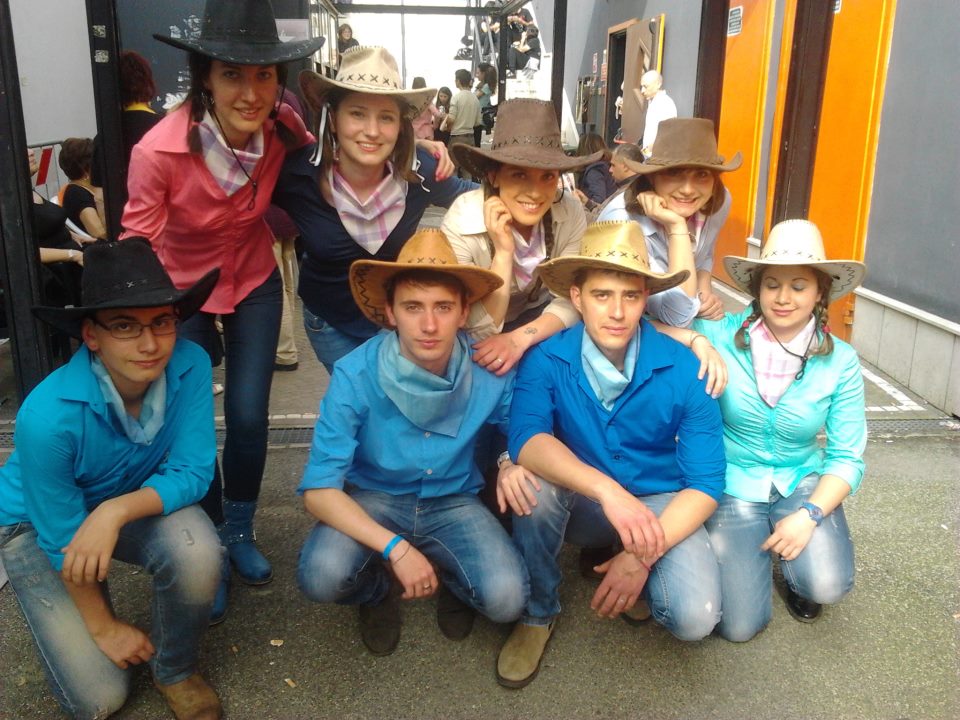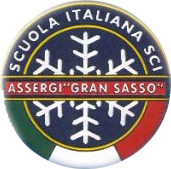Gallery: Theater amongst neutrinos
Posted by Antonio Giampaoli
| 2012-06-07 | Commenti: 3 | Letto 988361 volte
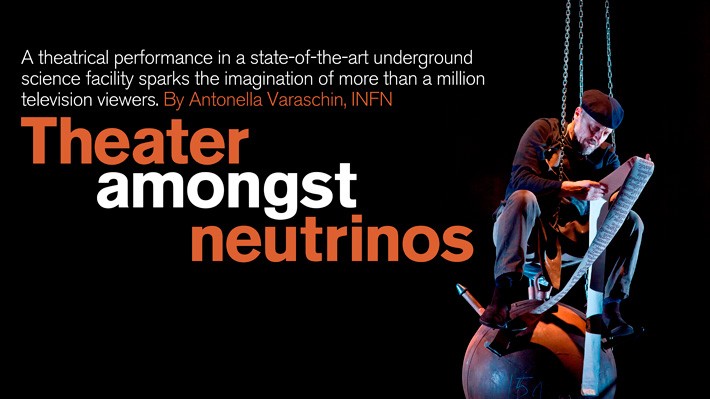
In Gran Sasso National Laboratory’s cavernous Hall B, beneath 1400 meters of rock, amongst huge detectors of neutrinos and dark matter, Italian actor Marco Paolini spoke. And more than one million people listened—and watched.
With this performance, a major event for Italian television, Paolini presented his latest theatrical work, “ITIS Galileo,” which offers an in-depth look at the life of Galileo Galilei, the father of modern physics. The two-hour prime-time performance, broadcast live and uninterrupted by advertising in April, investigated the friction between reason and superstition as well as the difficulty of questioning accepted principles and beliefs.
Having read in a newspaper that Paolini was touring Italy with a work about Galileo, the communications staff of Italy’s Istituto Nazionale di Fisica Nucleare, or INFN, proposed this rather peculiar location for his show.
“It was a considerable effort, from an organizational and logistical point of view,” says INFN Gran Sasso Laboratory Director Lucia Votano. “There were considerable difficulties in arranging for a tunnel under a mountain to become a TV stage, and then to broadcast the performance as a live satellite transmission.”
But it was well worth it. The combination of a modern scientific research environment and cultural event sparked the imaginations of non-scientists and scientists alike.
“I attended the show [remotely] from the surface labs; it was exciting to see Hall B arranged with scenes and lights,” says Gran Sasso researcher Riccardo Cerulli. “When we met Paolini in the preceding days I gained the impression that he was a prepared, careful and precise person. He painted a beautiful portrait of Galileo. And I was happy when he was impressed by the labs and that he appreciated our work.”
For the director of the show it was a strong experience too. “The comparison between concrete form and the abstraction of scientific research, considered from the context of a ‘hic et nunc’ [here and now] world, has given me much cause for reflection,” says Paolini. “Science obliges us to anticipate what might happen. This behavior is a necessity in research activity in order to understand and discover, and in our lives to make us more thoughtful people.”
The show also brought Paolini’s message to a large public audience, including the young people who may become the next generation of scientists.
“After the show many schools asked to visit us; we are booked until December!” says Votano. “It also highlighted the reality of Galileo’s thoughts transferred into important experiments, and into a young and active scientific community.”
TweetCommenta L'Articolo









